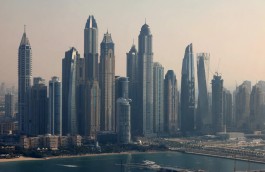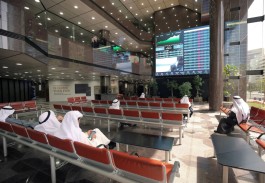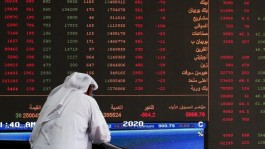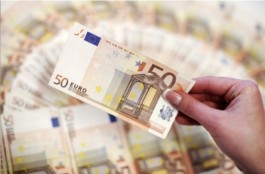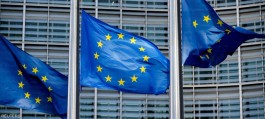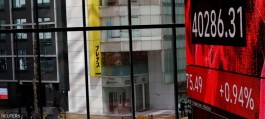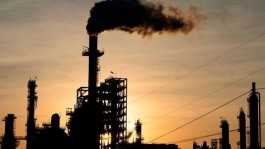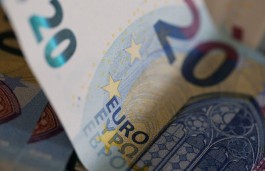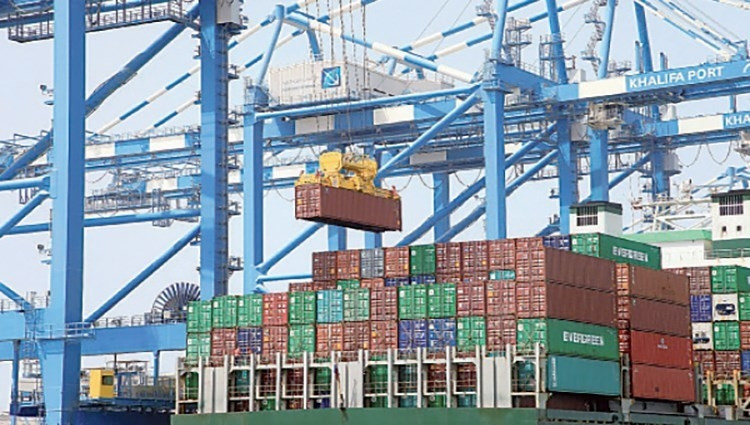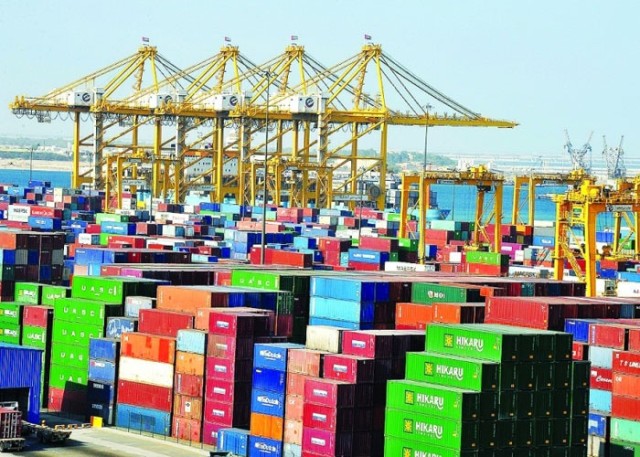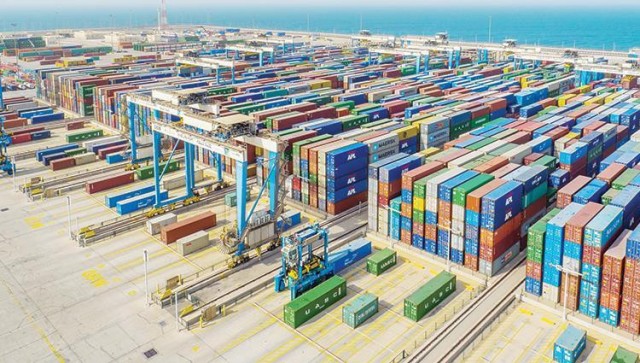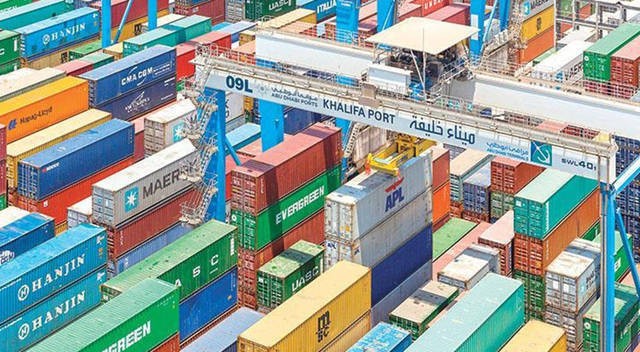Abu Dhabi's non-oil foreign trade reached 80.23 billion dirhams in the first 5 months of 2020.
According to the Emirates News Agency, data from the General Administration of Abu Dhabi Customs showed that the value of exports amounted to 23.20 billion dirhams, while the value of re-exports amounted to 14.79 billion dirhams, while imports achieved steady growth. To reach 42.24 billion dirhams.
Pearls, Precious Stones, and Precious Metals and articles of these materials export the list of the most exported non-oil commodities with a value of AED 6.27 billion during the first 5 months of this year, followed by ordinary metals and their products With a value of 5.92 billion dirhams.
Transport equipment came first in the re-export level with a value of 5.59 billion dirhams, while machines and audio and video recording and broadcasting equipment were ranked first on the import level with a value of 9.65 billion dirhams.
The value of non-oil merchandise trade is limited to goods that entered from the customs, land, sea and air ports of the Emirate of Abu Dhabi or from which they came out, meaning that these goods do not represent all of Abu Dhabi's trade other than Oil with the world as it does not include that which took place through other ports in the country.
The number of customs transactions that were completed during the first 5 months of the current year 2020 amounted to 434,647 customs transactions through the ports of the Emirate of Abu Dhabi land, sea and air, which contributes to providing Necessary community needs in terms of food, medicine and basic commodities, according to Abu Dhabi Customs General Authority.
Saeed Saad Al-Qahtani, Director of the Khalifa Port Customs Center, said in statements to Emirates News Agency WAM that the Khalifa Port Customs Center witnessed a growth in the entry of typical containers by about 7% during the first quarter This year compared to the same period last year ... Adding that the Port of Khalifa received about 78 thousand TEUs during the same period to meet the society's necessary needs of basic commodities, foodstuffs and medicines.
(Fun Knowledge of Knowledge)
